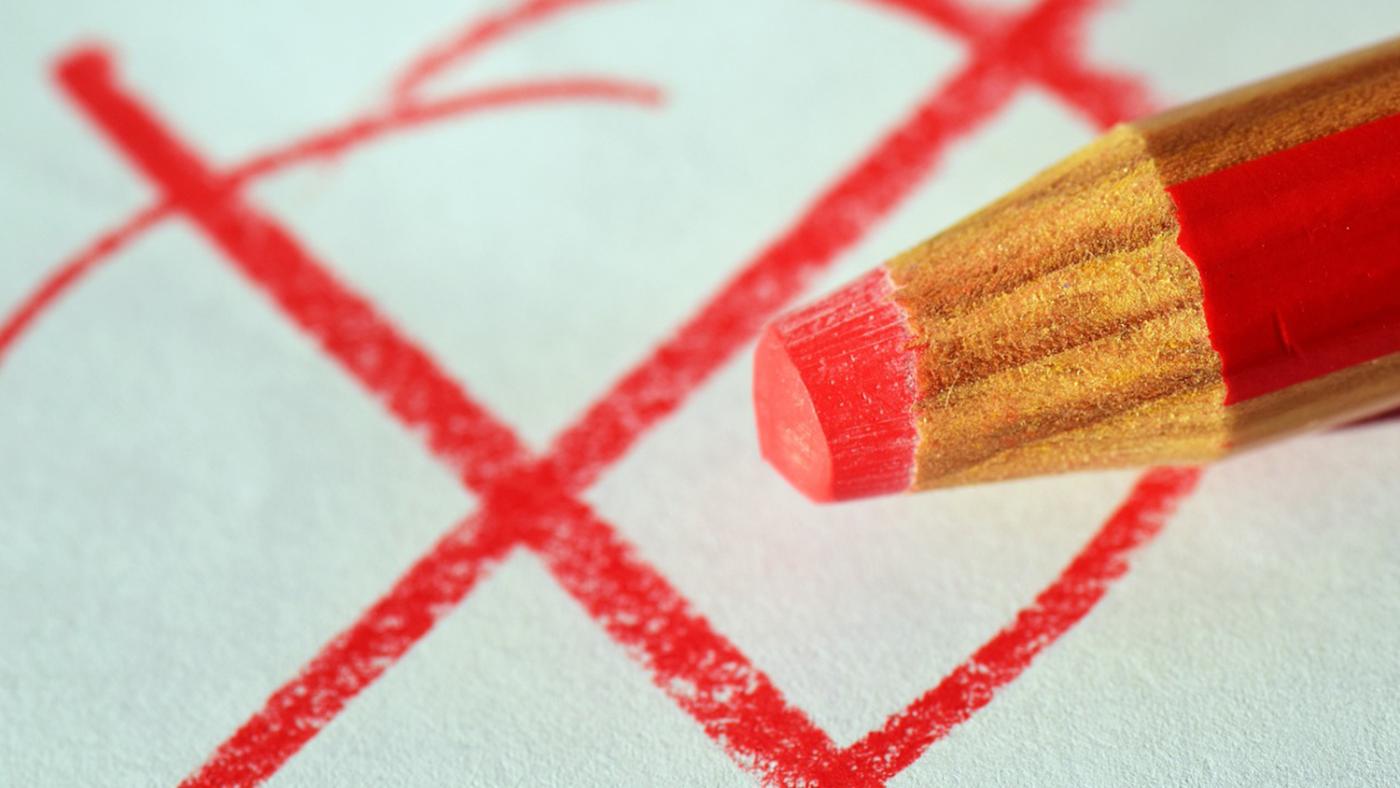Education administrators comment election results
‘We are facing challenging times'

Higher education will be facing challenging times, declares Annet Lekkerkerker, member of the Executive Board of the Amsterdam University of the Arts (AHK). With thirty percent of students coming from abroad, the question is whether AHK will be allowed to continue on this path.
"There is no way of knowing the future make-up of the government," says Lekkerkerker, who wouldn't call herself "worried" just yet. She is simply seizing the election results as an opportunity to reiterate how important international students are to the Dutch economy and to the quality of the education offered in the country. “The talented international students who come to us are also a reason why good specialists are interested in working here as teachers. Dutch students also gain from this situation.”
Majority
Together, PVV, NSC and VVD have a majority in the Dutch House of Representatives. All three parties have cited limiting the influx of international students as a priority. They would like to make it mandatory for programmes that are currently taught in English to switch to Dutch so that they are less appealing to international students.
The association of Dutch universities, Universities of the Netherlands (UNL) published an open letter together with the Netherlands Association of Universities of Applied Sciences, the Royal Netherlands Academy of Arts and Sciences (KNAW), the Confederation of Netherlands Industry and Employers (VNO-NCW) and various other organisations. They're warning against “heavy-handed” constraints on the influx of international students.
Marcel Levi, President of the Executive Board of the Dutch Research Council (NWO), put it somewhat less diplomatically by saying that moves to ban international students from technical universities would amount to “the Netherlands wringing its own neck”.
Less tolerant
The overwhelming victory of far-right parties makes some international students feel unwelcome in the Netherlands, particularly Muslim students, who are suddenly watching an anti-Islam party become the largest party in the Netherlands.
Elisa Weehuizen, President of the Dutch Student Union, said that the union has already received several messages from Muslim students who suddenly felt a lot less welcome. “There is a perceived decline in tolerance for praying at school or wearing headscarves.”
Vinod Subramaniam, President of the Executive Board of Twente University, himself a "new Dutch citizen", is keen to stress that, as far as he is concerned, his university is and will remain an open and inclusive community, reports Utoday. “Together, we make a stand against exclusion and ensure that the societal and political debate does not distance us from each other.”